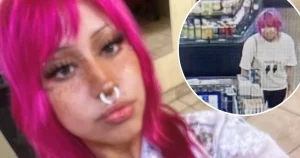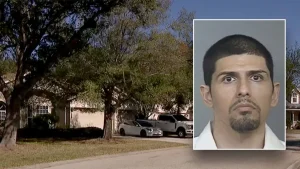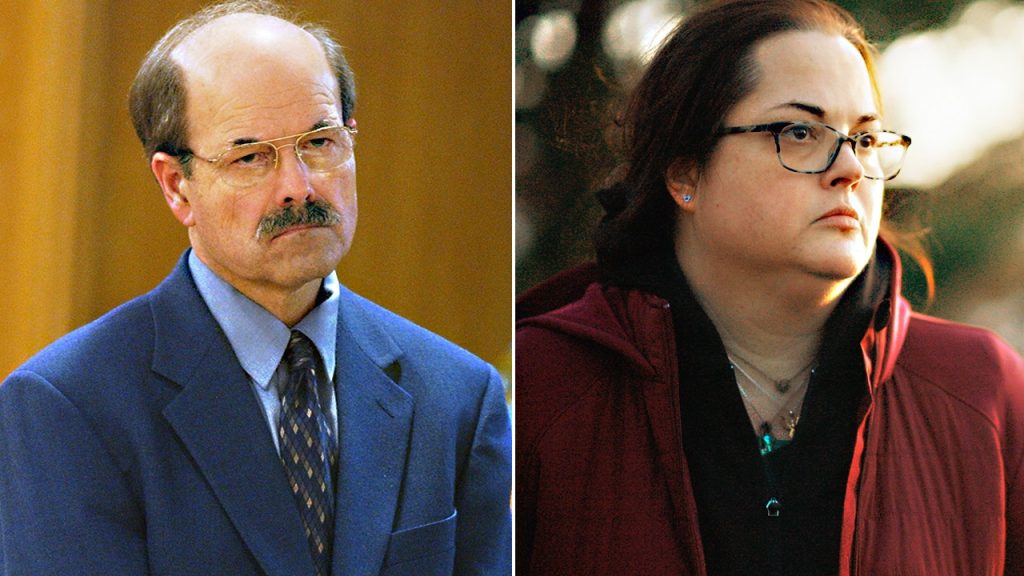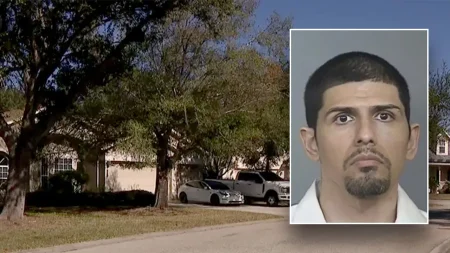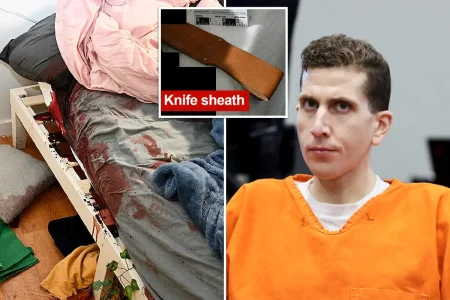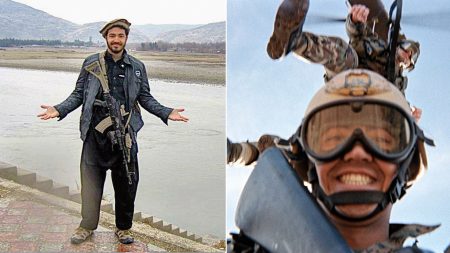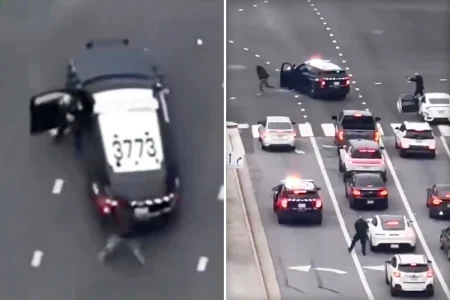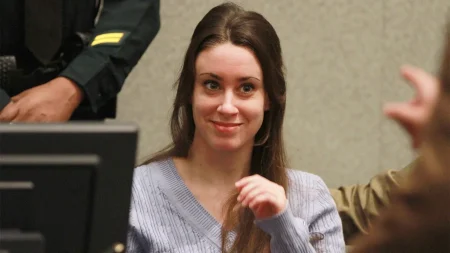Daughter of BTK Killer Confronts Her Father After Nearly Two Decades
In a powerful journey of reconciliation and truth-seeking, Kerri Rawson finally faced her father, Dennis Rader—the infamous BTK killer—nearly 20 years after he was imprisoned for his horrific crimes. The encounter, documented in Netflix’s “My Father, the BTK Killer,” marked a significant turning point in Rawson’s life. At 46, the Michigan resident was recruited by investigators in 2023 to help determine whether her father might be connected to other unsolved murders beyond the ten killings he confessed to committing between 1974 and 1991. This confrontation represented the final fracture in a relationship already deeply damaged by the revelation that her loving father was also the man who terrorized Wichita, Kansas, and taunted police with his self-given moniker “BTK”—short for “bind, torture, kill.”
Director Skye Borgman captured Rawson’s emotional journey, noting how physically shaken she was after the three-hour prison conversation with Rader. “She talks about coming out of that prison. She was shaking after she talked to him about things that she had kept bottled up for a long time,” Borgman explained. The encounter revealed the disturbing duality Rawson had always sensed in her father—moments when he seemed like the dad she knew and loved would suddenly shift when confronted with questions he didn’t want to answer. This jarring transition between personas became unmistakable during their conversation, especially when Rawson directly confronted him about cold cases and disturbing journal entries she had discovered. Instead of providing answers, Rader attempted to manipulate the conversation back to pleasant memories, becoming defensive and accusatory when pressed for information.
The breaking point came when Rawson asked about a journal entry from the 1980s that mentioned her name in connection with a “bondage game” in a bathtub, raising her fears of possible childhood sexual abuse. Despite investigators warning her not to broach this subject, Rawson couldn’t contain “a blast of 45 years of anger” when her father dismissed her concerns, claiming “That was just a fantasy. I never touched the family. You’re just making stuff up about me to be famous.” This moment of gaslighting and manipulation revealed a side of Rader that Rawson could no longer reconcile with her memories of him as a father. “It was like I wasn’t talking to my dad. It was like I was talking to a subhuman,” she recounted in the documentary. “I had still been able to find humanity in him. And then, I wasn’t able to.”
Before his arrest in 2005, Rader had led a double life that completely fooled those closest to him. As a church leader and animal control officer, he maintained the facade of a normal family man while secretly committing brutal murders. Throughout the film, Rawson emphasizes that she and her family were completely blindsided by the revelation of his crimes. Looking back, she now questions whether her father’s occasional angry outbursts were glimpses into his darker nature. Borgman suggests that Rader’s ability to compartmentalize allowed him to return to family life after committing his crimes: “I think he was able to separate himself and come up with these lies where he had been able to sneak away… once he was able to get that, he was able to return to his role as a family man, a father figure.” This psychological split explains how Rawson could have experienced a “good childhood” with family vacations and camping trips, while being completely unaware of her father’s horrific secret activities.
The documentary carefully honors the victims of BTK’s crimes, even though their families declined to participate in the filming. “We found the reasons for them not wanting to participate are very different,” Borgman explained. “They’ve been reached out so many times, especially over the last 20 years. But the film shows the ripple effects of a crime like this. I hope the victims’ families feel represented. It was always our intention to make them equal participants in this story.” The emotional toll of Rader’s crimes extends beyond the immediate victims to their families, his own family, and the entire Wichita community—a ripple effect that continues decades later. For Rawson, the prison confrontation provided a form of closure: “I think it gave her an ending to a chapter. She’s OK with not seeing him again. She’s OK with not talking to him again. Whereas before, there was a question mark there—do I want to see him? And now, the question is answered.”
Today, Rawson has transformed her painful experience into advocacy, becoming a mentor for others who discover their relatives are violent offenders. Though this role keeps her connected to her father’s crimes, it also allows her to bring hope and understanding to families facing similar circumstances. “I think what’s healthier for her is when she’s working with other families and bringing perspective on what it’s like to be the daughter of a serial killer,” Borgman observed. “She can speak to what a family may be going through and how hard that is, how the backlash and violence thrown at the family is a real thing.” This work has come at a personal cost—Rawson revealed in the film that she’s now estranged from her mother and brother since speaking publicly about her father. Nevertheless, she remains committed to helping others: “If she can ease somebody else’s pain, she’s going to do that, even if it causes her pain. And I think it’s largely because she wants to do something good just to take away a little bit of the bad her father did.” Through this dedication to helping others heal, Rawson continues to forge her own path toward healing and purpose, separate from the shadow of her father’s crimes.

